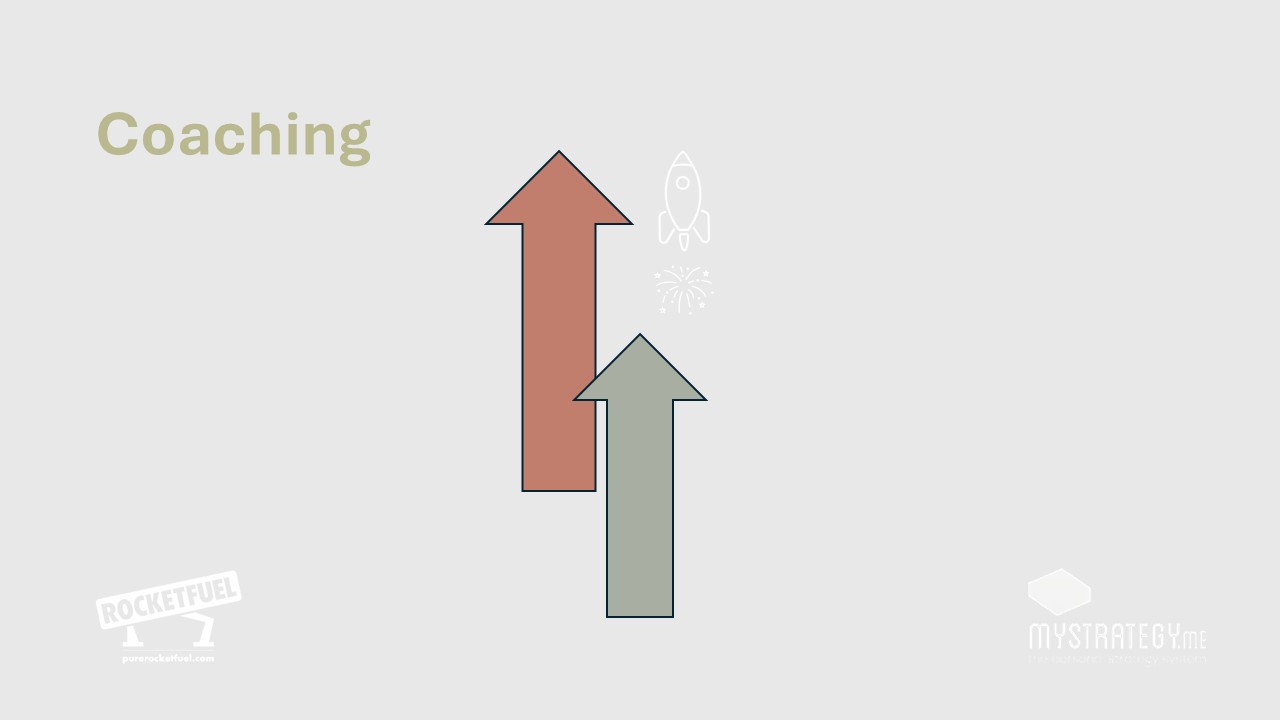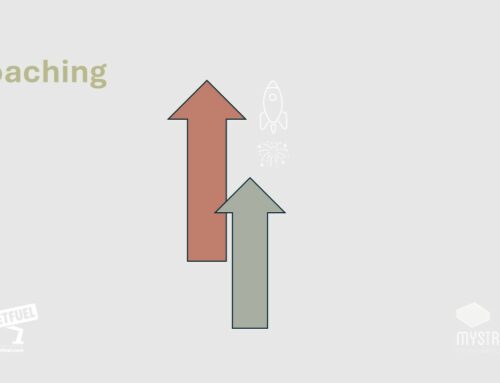
Get there quicker with a coaching co-pilot, says Leadership & Performance Coach, Davina Greene.
Coaching is about driving clients from reflection and planning through to achievement, often leading to a sense – or role – of leadership, in life or in work. Some do it better than others, which means that many people are scared to take the risk of choosing a coach and just going for it. So, for any of you who may still be unsure, let’s take the opportunity to talk about what ‘coaching’ actually means.
The Definition of Coaching
The International Coach Federation (ICF), the main professional organization for coaches globally, defines Coaching as ‘partnering with clients in a thought-provoking and creative process that inspires them to maximize their personal and professional potential’.
Business Coaching, Organizational Coaching, Corporate Coaching, Executive Coaching, Life Coaching, and Personal Coaching are some common terms. Most of these are identical, focusing on the person in whatever context they wish to analyze a bit more closely – the skill behind them is just the same. During coaching, the coach is essentially a listener and questioner, an objective and neutral observer of the situation or goal under discussion. The exception tends to be Business Coaching, which generally refers to someone who drills into the technical side of your business and provides more prescriptive advice on Finance, Marketing, and so forth.
I see coaching as a series of high-quality conversations that result in change. It is the placement of focused attention on a person, so that they may place focused attention on what is important to them at a point in time (a goal to achieve, a change to make…whatever the case may be). It is the provision of an opportunity to an individual to work on themselves holistically within an environment that is, by necessity confidential, respectful, transparent, honest, creative, and challenging.
Coaching is, at its core, about personal strategy. Just as an organization may hold a Strategy Meeting or Strategy Day, a coaching session can be viewed as your Strategy Hour, during which you stop, vent, understand, think, and plan.
The Advantages of Coaching
By committing to coaching, you make a huge commitment to yourself. Self-awareness kicks in. Core thoughts, thought processes, feelings, attitudes and beliefs will become more clearly defined. Once this happens, foundations become firmer and confidence in thinking and acting differently increases. The resulting momentum will be strong – the discovery of real inner ‘rocket fuel’.
Most people have interesting thoughts and ideas whirling around in their minds, but they never quite stand still for long enough to concentrate on hammering out the details, their fears, their hopes, their strengths, the perceived threats, the possible outcomes etc. Then, as time goes by, they wonder why nothing changes. With coaching, by the end of any session, you should have landed on some action, or question, that can be taken with you for processing. Come back without it processed and both you and your coach will be disappointed – and it’s amazing how much of an incentive for progress that can be.
Your coach is your co-pilot, listening to what you say (and do not say!), making sure you really hear your own words and expressions, pushing you to expand each thought, challenging any self-limiting assumptions, and questioning any sweeping generalizations. This will not happen in one session, so be ready for this to become a relationship – if it was fast and easy, you’d have reached your goal already, alone.
Directly or indirectly, participation can bring about: momentum, dynamism, focus, fun, hopefulness, clarity, resilience, independence, loyalty, engagement, gratitude, acceleration, initiative, innovation, balance, self-assuredness, reduced stress, increased wellness, transparency, supportiveness, communication skills, people skills, leadership skills, performance excellence, energy, mindfulness, alignment, personal effectiveness, a self-driving continuous improvement culture, and/or business growth.
Thought processes are discovered and discussed. Emotional Intelligence strengthens. Latent strengths, skills and ideas become whole and stronger, with you becoming more fully present in your life or workplace. Having a coach to periodically maintain perspective and equilibrium during significant change (within you or your environment) is of very significant value. If you’re just not getting there, don’t struggle onwards alone. Find an expert.
KEY POINTS
Coaching means stopping to listen to you.
It involves slowing down to get clarity, then speeding up.
Want to be stretched and challenged? Say this from the get-to. Professional, qualified coaches can achieve this.
Know your goal: Are you running from what you do not want, or running towards what you want? The latter is the right approach.
Remember: If you keep doing what you’ve always done, you’ll keep getting what you always got.
Interested in investing in your own personal – and personal strategy – development? Check out www.MyStrategy.me!
Share This!
About the Author



